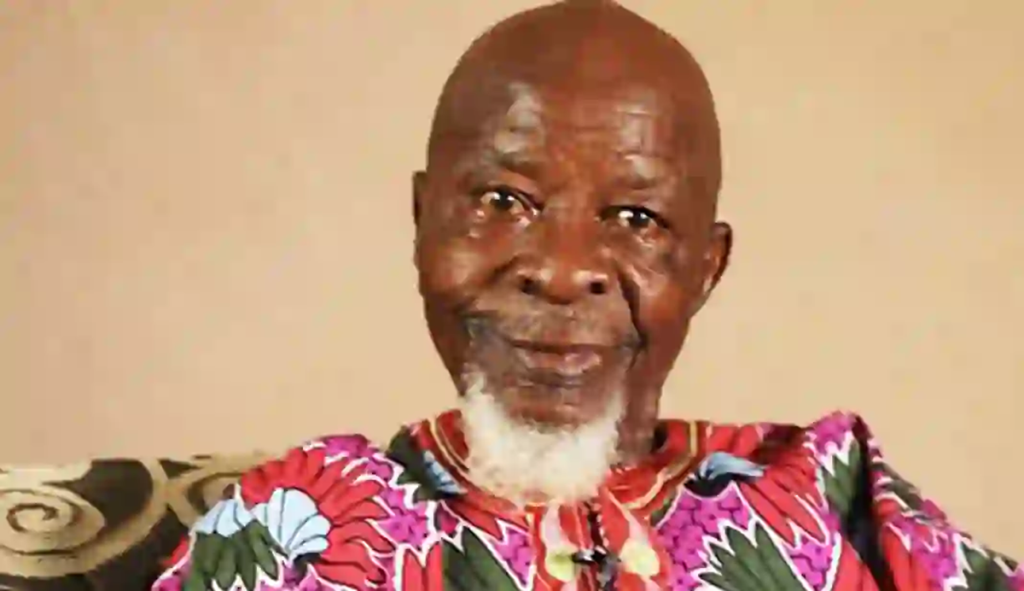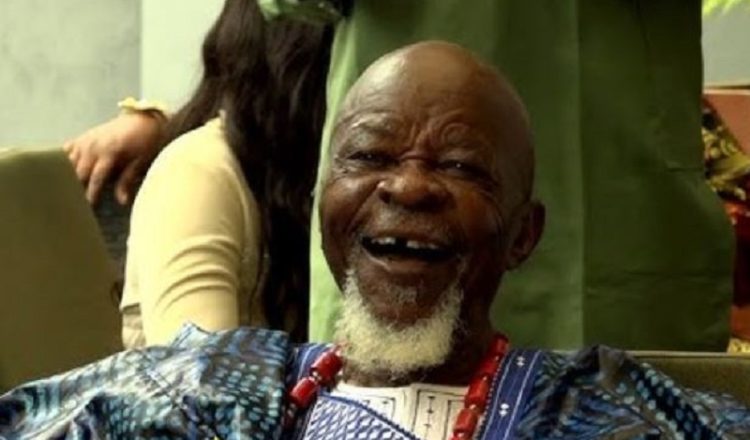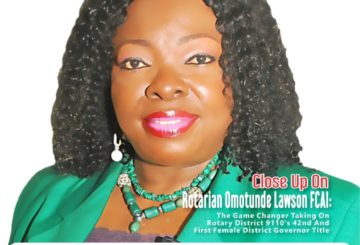The Nigerian film industry is mourning the loss of one of its greatest pioneers, Charles Olumo, affectionately known as “Agbako.” Aged 101, the iconic Yoruba actor passed away on October 31, 2024, leaving behind an extraordinary legacy that reshaped Nollywood’s portrayal of complex characters. Known for his villainous roles, Olumo’s career spanned over seven decades, making him one of the oldest and most enduring figures in Nigerian cinema.
Olumo, whose real name was Abdulsalam Sanyaolu, was born in July 1923 in Abeokuta, Ogun State, and began his acting journey in 1953 with local theatre. His passion for performing blossomed in Yoruba stage plays, where he developed a reputation for captivating audiences with his expressive and intense portrayals. His work set the stage for his transition into Yoruba-language films in the early days of Nollywood, eventually making him a household name in Nigeria.

Throughout his career, Olumo was famous for embodying villainous characters with remarkable depth, challenging traditional stereotypes of antagonists in African cinema. His skillful portrayals brought nuance to roles that would otherwise be simple embodiments of “evil,” allowing him to add a unique layer of humanity and complexity to his characters. This approach resonated deeply with audiences and earned him respect across generations of filmmakers and fans.
Despite often playing characters audiences loved to hate, Olumo’s personal life was marked by humility and dedication to his craft. He worked tirelessly to elevate Yoruba cultural stories, using his roles to explore themes of loyalty, betrayal, and resilience. His contribution not only helped solidify the foundation of Yoruba cinema but also bridged the gap between Nigeria’s traditional storytelling and its modern cinematic expressions.
The Theatre Arts and Motion Pictures Practitioners Association of Nigeria (TAMPAN) led the tributes, highlighting Olumo’s influence on the industry. President Bolaji Amusan, known as Mr. Latin, remarked on how Agbako’s contribution to Nigerian cinema extended beyond acting, inspiring countless actors who followed his path and redefining the expectations for villain roles.
In addition to his on-screen success, Olumo’s commitment to preserving Yoruba heritage is a significant part of his legacy. He maintained a traditional connection to his roots, often appearing in films that promoted Yoruba language, culture, and values. His commitment made him an essential figure in Yoruba film history, helping preserve the language for future generations and introducing its cultural richness to wider audiences.
Read more:
The Things-Fall-Apart-Okonkwo Debate: Can Idris Elba Roll Fufu?
The Nigerian Japa Syndrome: Myths and Truths (I)
Fairly Used Gods for Sale, Hurry While Stock Lasts
Living to 101 years old, Olumo bore witness to Nigerian cinema’s transformation from its early roots to a global industry. He adapted to evolving production methods, transitioning from live theatre and black-and-white film to digital cinema.

Charles Olumo’s passing marks the end of an era for Nigerian cinema. His legacy, however, remains immortalized in his extensive body of work and in the characters that defined a unique narrative style within Nollywood. Agbako’s impact on the portrayal of complex villain roles serves as an enduring inspiration to actors across Africa.
For future generations of actors, Charles Olumo’s life and career offer a roadmap to longevity in the film industry, an example of how dedication to one’s craft can yield a lifetime of accomplishments. While his presence will be missed, his contributions will continue to resonate in Nigerian cinema and beyond.





